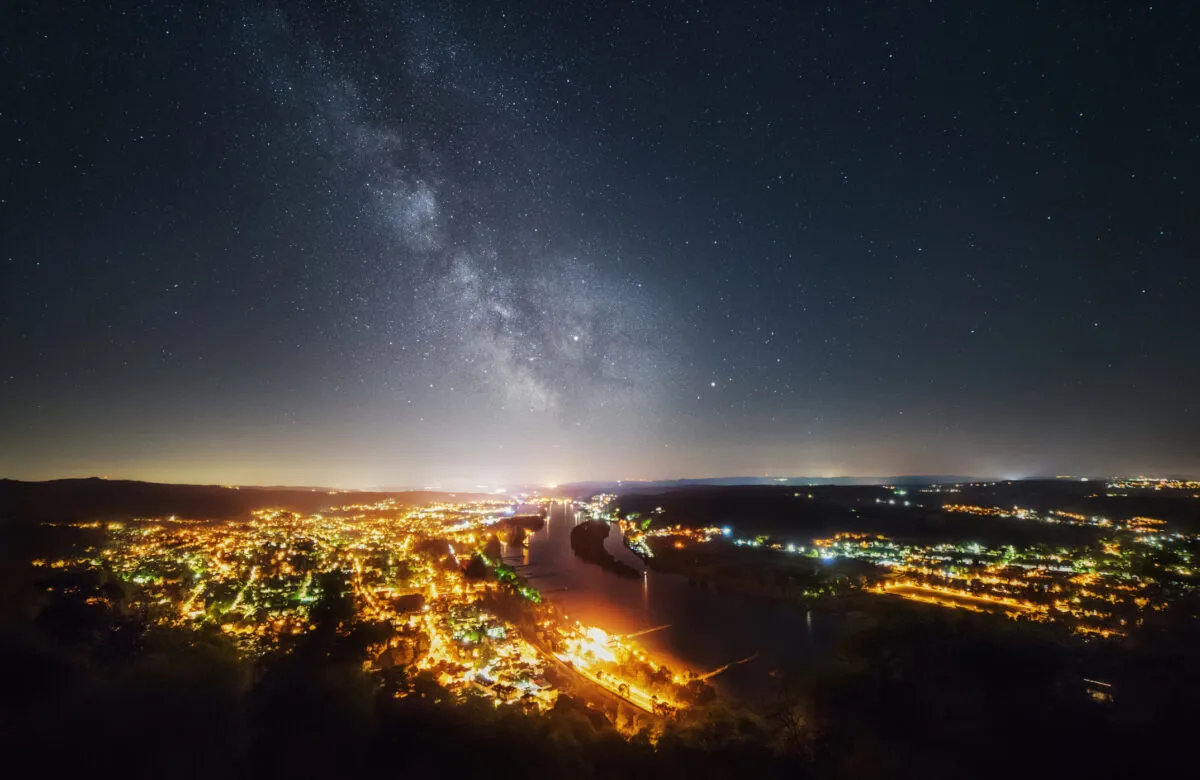Image credit: DwarfLab
Imagine exploring and photographing the Universe's wonders from the comfort of your backyard, balcony, or even your living room. All you need is a smartphone and a smart telescope.
Astrophotography is a great way to enjoy the night sky, but the reality can be time-consuming and expensive. The need to buy, set up and find the time to use multiple telescopes, cameras and a laptop can make astrophotography a challenging hobby. At the same time, light pollution often discourages those in cities from taking up astronomy.

Cue a ‘smart’ telescope, an all-in-one device that focuses light not into an eyepiece but onto an image sensor. Smart telescopes take image after image of a faint deep-sky object, such as a galaxy, and then automatically stack those images in real time to create stunning pictures.
They connect directly to your mobile device so you can view celestial images on your smartphone or tablet instead of peering through an eyepiece. At any point, you can see the latest and best image on your smartphone, download it and share it on social media.
Some of these apps even provide a caption and full shooting details along with each image. It really is a complete game-changer in astrophotography.
One of the key advantages of smart telescopes is that they’re making astrophotography and urban astronomy easier. A remarkable feature of this technology is that it minimises the impact of light pollution.
Urban astronomy is easily affected by light pollution, but a smart telescope can be equipped with dual band filters that capture specific nebula light. This allows for an unparalleled observation experience even under heavy light pollution.

For urban astronomers, this means gaining access to celestial sights that were once obscured by the glare of city lights.
But it’s not all about city observing: smart telescopes are designed to be easily packed into backpacks and transported to remote, dark-sky locations for those seeking the best possible views of deep-sky objects.
Wherever you use them, smart telescopes are much quicker and easier to set up than traditional models. With advanced Go-To technology, these telescopes can automatically align to the night sky.
No more braving the cold or struggling with complex setups; once a smart telescope has been set up outside, you can immerse yourself in the beauty of the cosmos while relaxing indoors in your favourite armchair.
For experienced amateur astronomers and beginners alike, smart telescopes save time and hassle.
For young people, they offer a perfect blend of technology and astronomy, bridging the gap between smartphones, social media and the captivating world of the night sky.